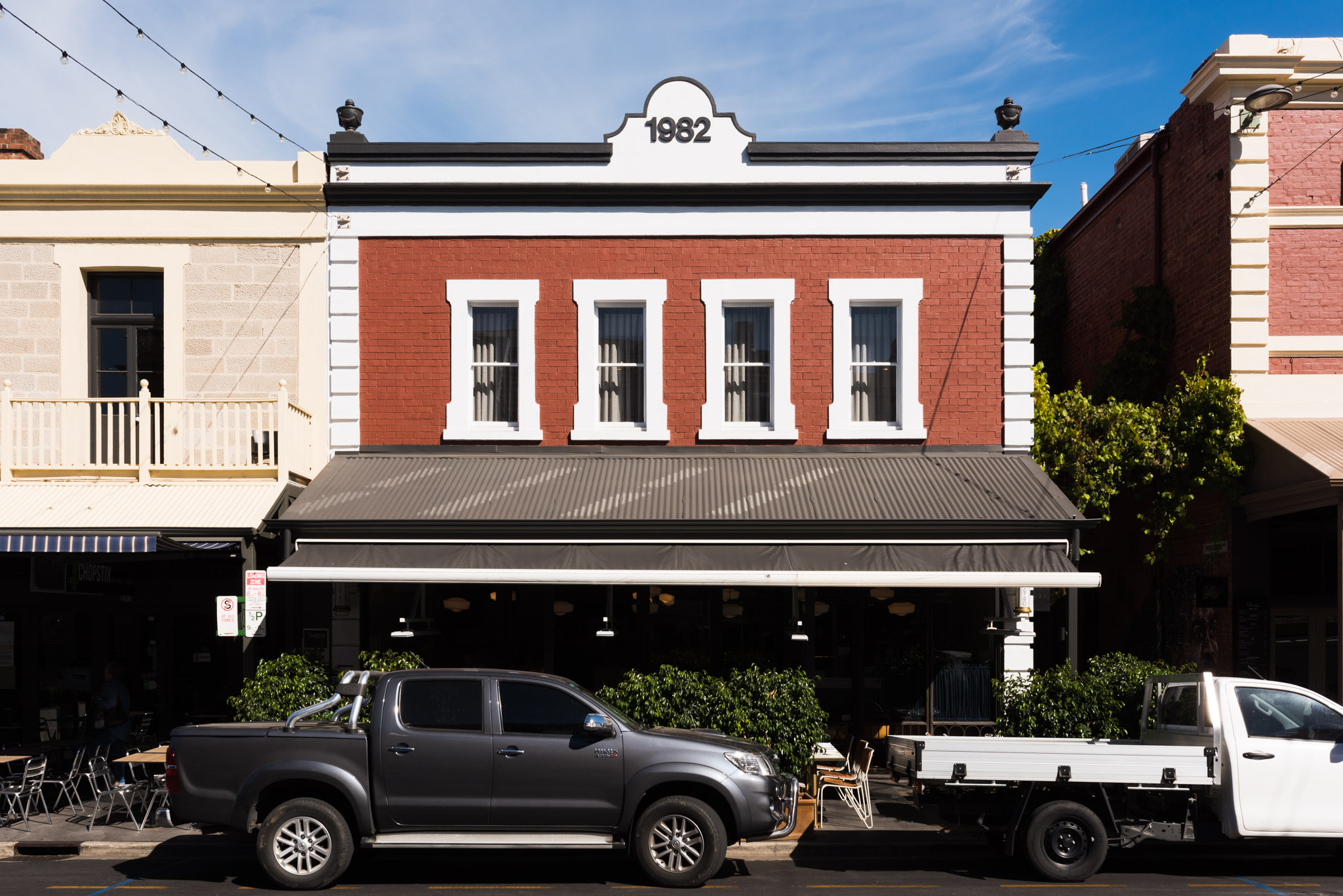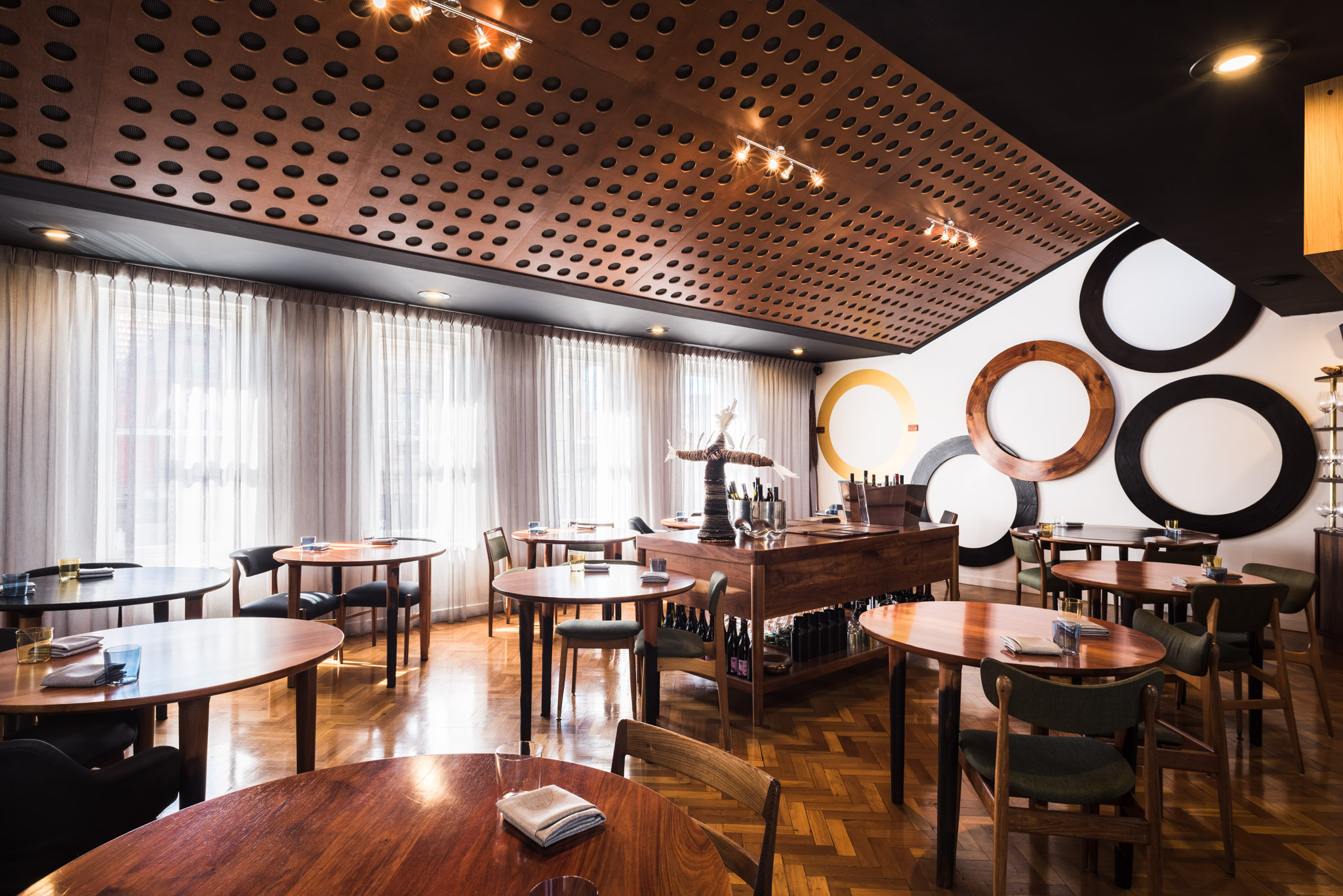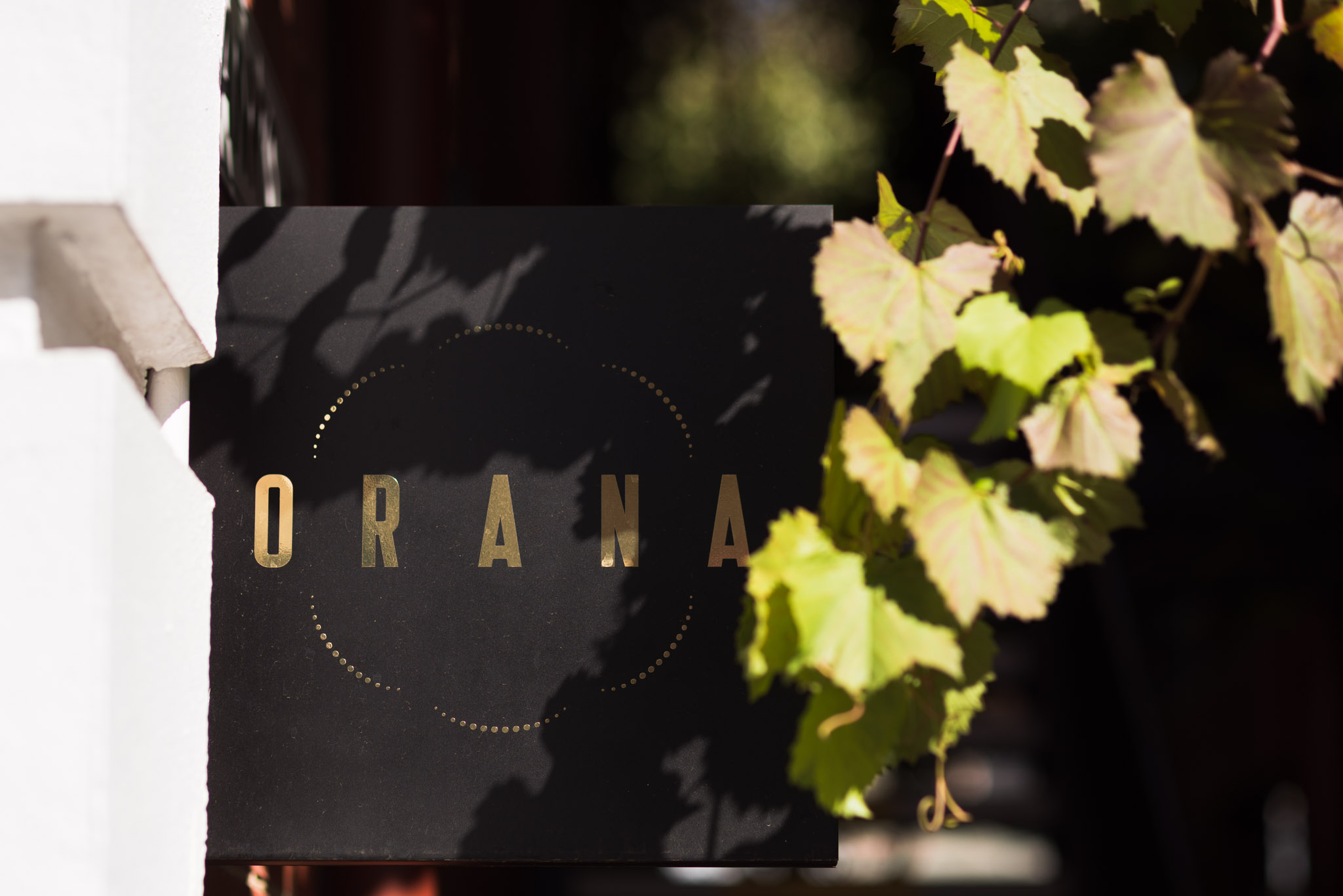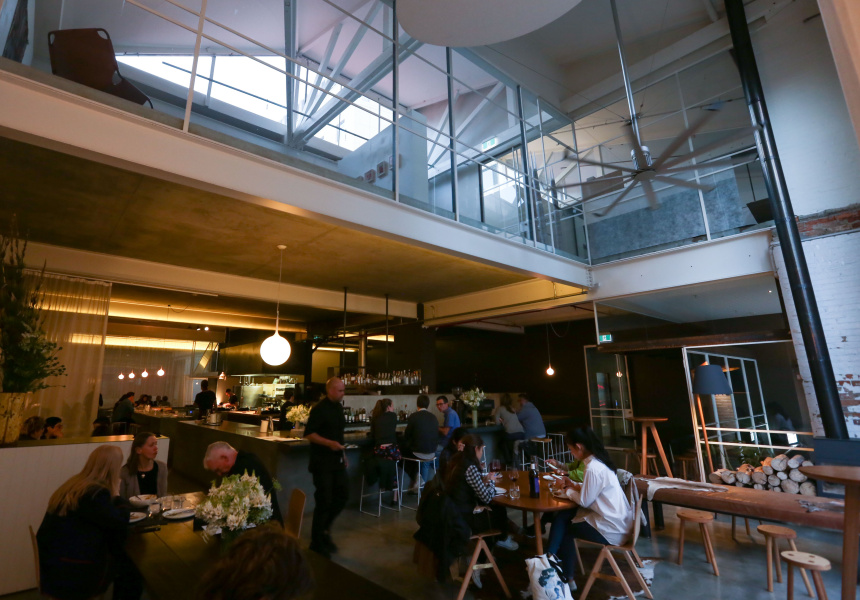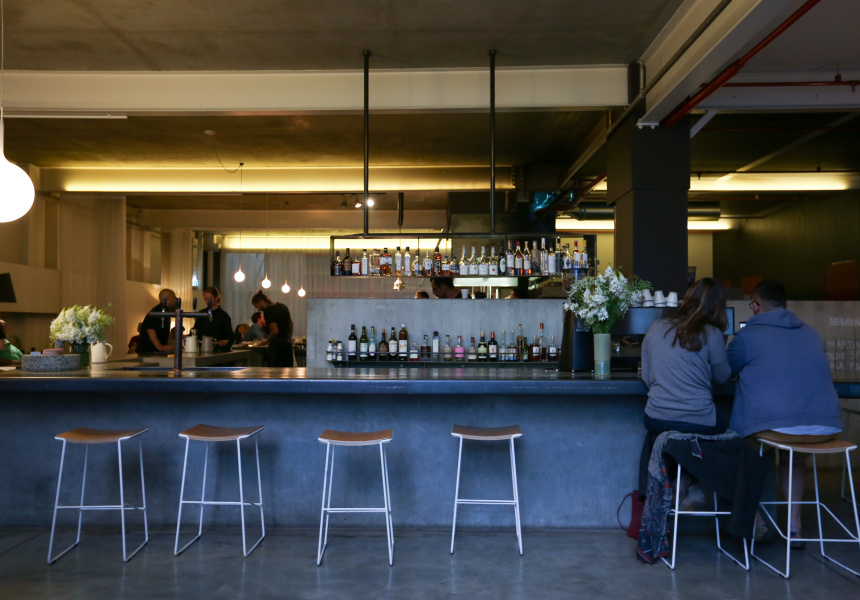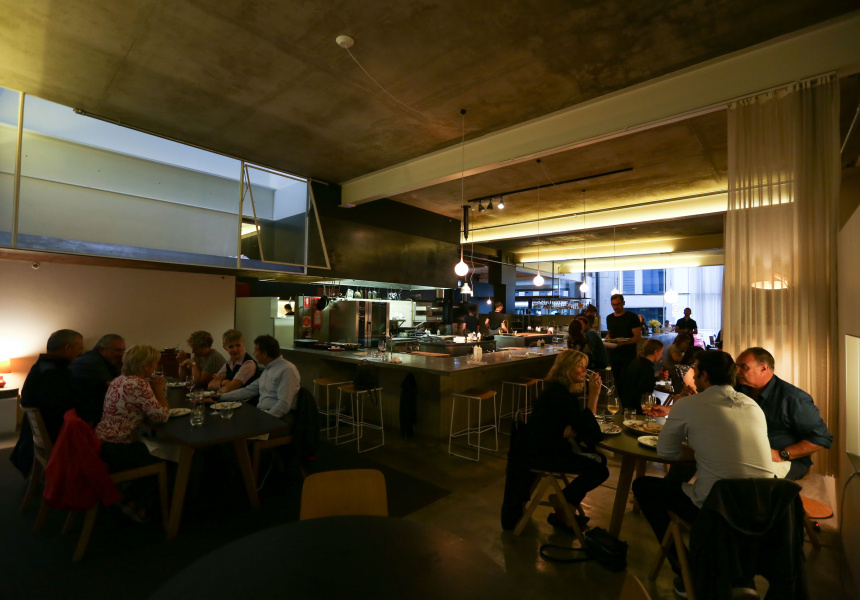First Nations people have long been aware of how tasty this country’s native ingredients – Kakadu plum, finger lime, Tasmanian native pepper – can be. But white settlers and chefs, by and large, have ignored this bounty. When Jock Zonfrillo – a Scottish-born Italian chef – moved to Australia in 1999 from London, where he worked in high-end kitchens, he thought this insane.
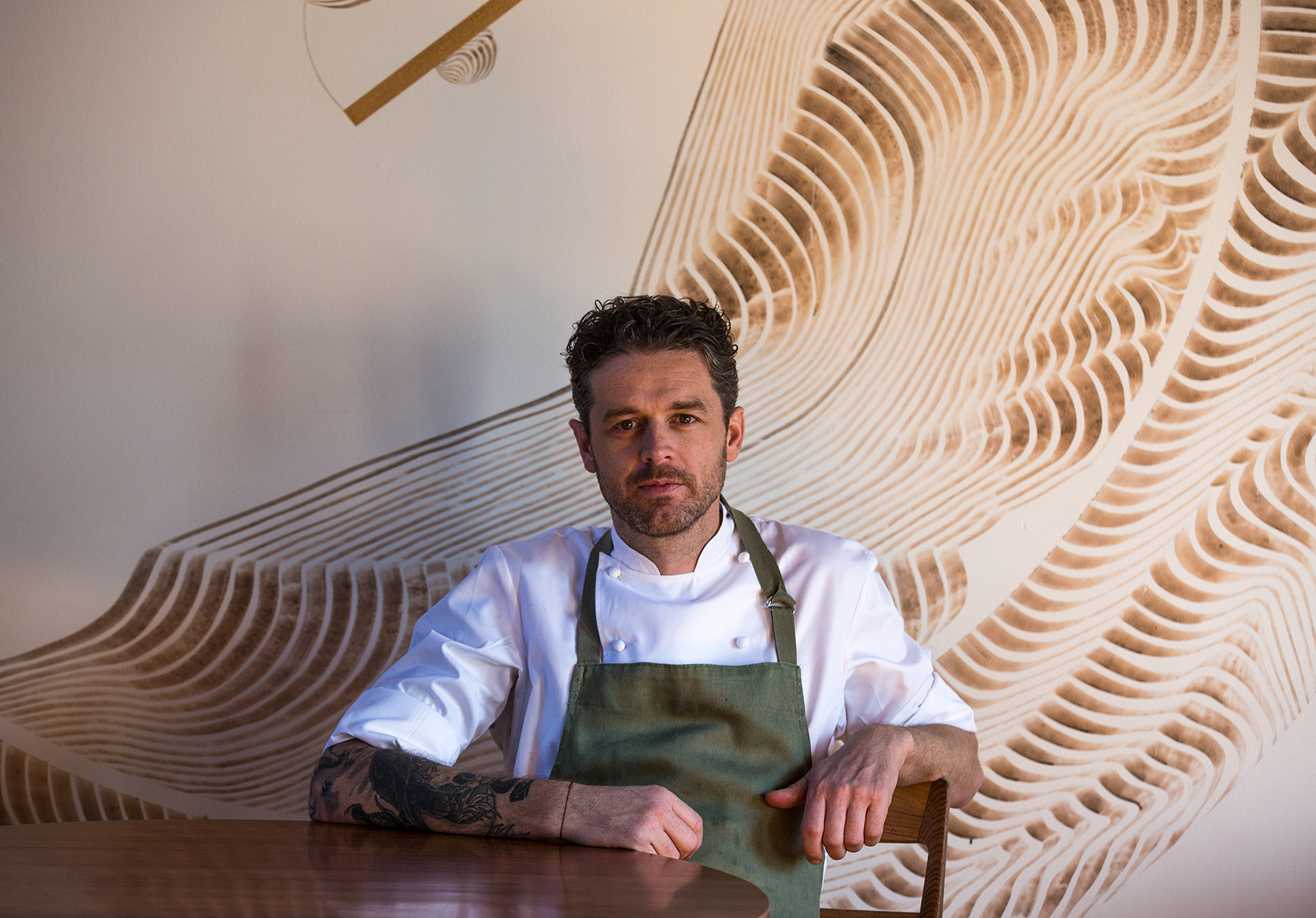
“My experience didn't match what people's perceptions were,” says Zonfrillo. “That made me angry. Because I thought people just can't see what I'm seeing.”
What Zonfrillo saw in these ingredients was the concept for a restaurant. So he created it with Orana, an innovative “upscale modern Australian” restaurant founded on his interest in understanding native Australian ingredients.
At first, people hated it.
“I lost 360 grand the first year we opened,” says Zonfrillo. “The second year, 280-something. But the reason to open Orana was to have a world-class restaurant serving delicious food using native ingredients, so people would look at them and Australian Indigenous culture in a different way. I've lost a lot of money in the process, but that has happened and that's really good.”
Orana is now considered one of Australia’s best restaurants. It’s also the public face of the Orana foundation, a collaboration between Orana, the University of Adelaide and the Royal Botanic Gardens established to create and maintain a database of Australian native ingredients. “There's almost 1500 ingredients on that database now,” says Zonfrillo. “There's probably another 4000 at least to put on there.”
How did a foreigner become an ambassador for the country’s cuisine?
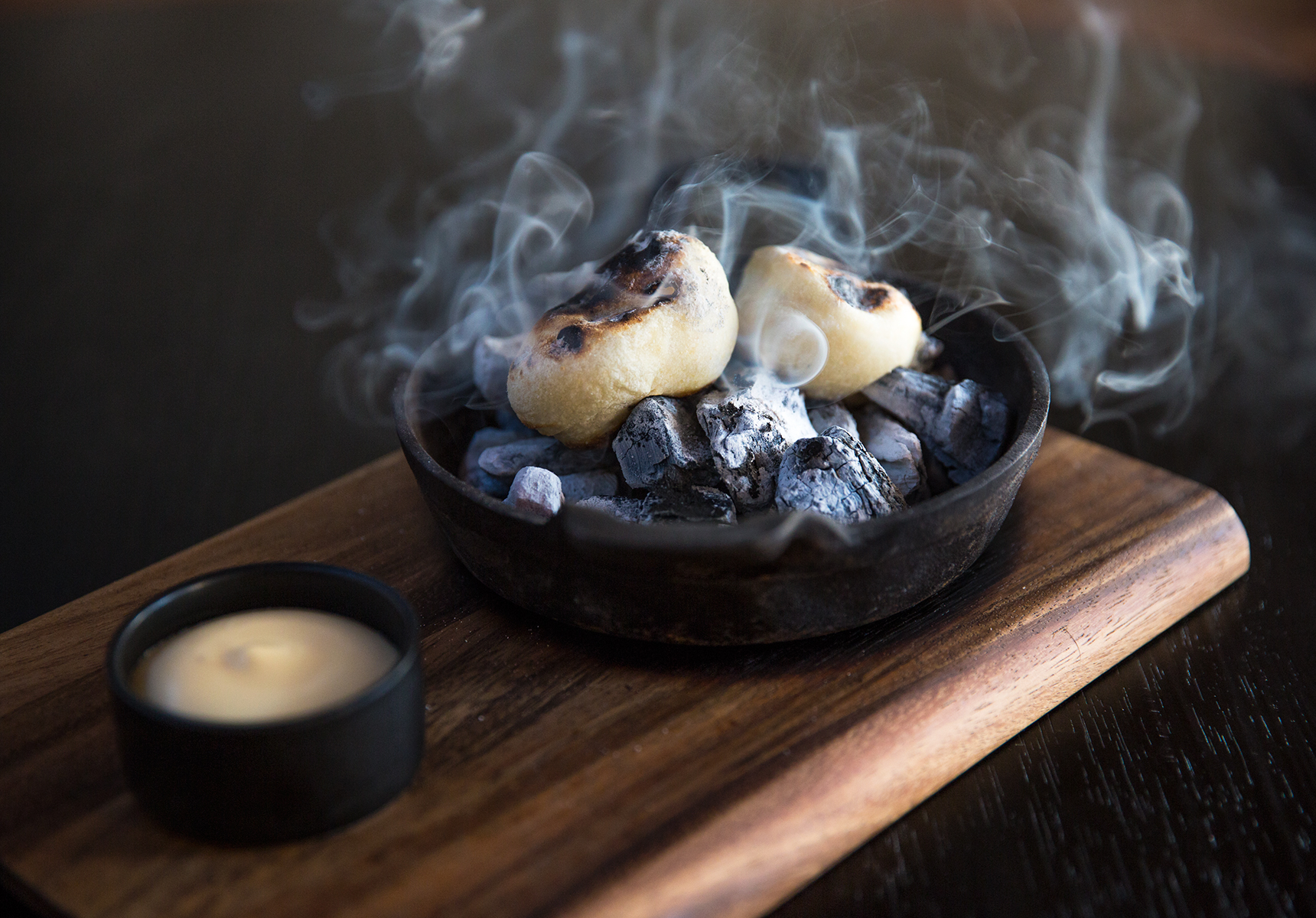
Pride of place
Zonfrillo assumed he’d find that same sense of pride for native ingredients when he moved to Australia – particularly after he spent months in the bush educating himself by learning about it firsthand. But he says the fact we still use the term “native ingredients” shows Australians still consider them exotic.
“They're Australian ingredients. It's not native anything, it's just an Australian ingredient.”
“You don't go to Thailand and order a bowl of laksa and have them explain to you this native bamboo shoot and native bok choy,” he says. “Until the word ‘native’ fucks off from our vocabulary here in Australia, I’ll be passionate about that. They're Australian ingredients. It's not native anything, it's just an Australian ingredient.”
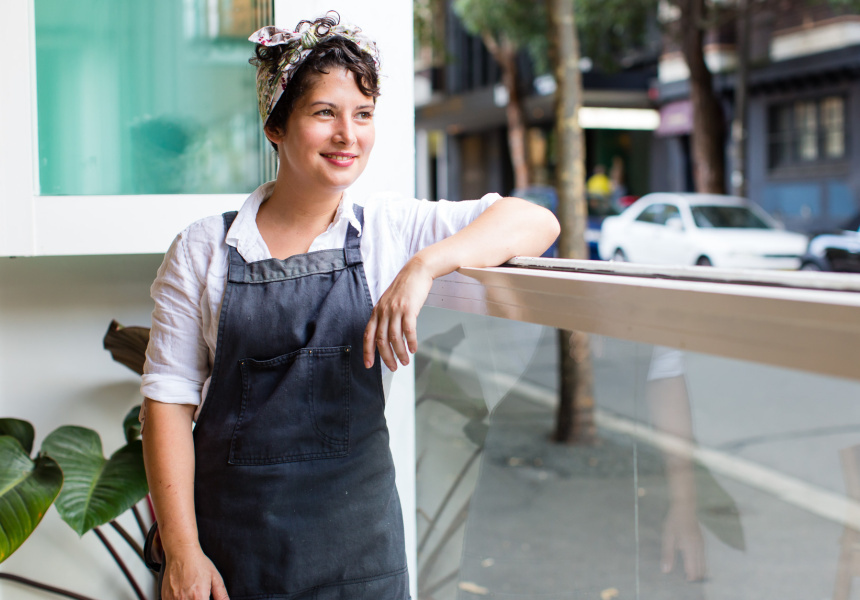
Analiese Gregory
“Sometimes when chefs from overseas come here and cook, they've an open mind and no preconceptions of what local cuisine is,” says Gregory. “It's easier to see straight to the heart of the matter about things. This is not just specific to Australia, but lots of places.”
Gregory moved to Hobart in 2017 to take over from Dave Moyle at Franklin and was quick to forge relationships with local producers. Gregory meets fishermen at the docks, and has a guy who collects seaweed. “When I moved to Hobart, I kept all the relationships already established and added new people too,” she says. “These days it's the only way I want to cook. I don't want to have to order from the markets not having seen anything, it just doesn't make sense to me to cook that way anymore.”
She says it’s important to champion the community around you: “Whatever country I worked in, I would do the same thing. In wine they talk about terroir; I think about that with food. You can take techniques from other places and incorporate them with local food.”
Despite their international heritage, both chefs have found themselves ambassadors for Australian cuisine without losing sight of the day-to-day running of really great restaurants.
“Look, we're not a fucking school. We don't sit you down, stand on a milk crate and talk at you [about this stuff]. We want you to come in the restaurant and have a great time."
“Some people will leave and think ‘Holy shit. This is amazing. I can't believe I'm Australian and have never even heard of [this food], let alone tasted it’,” says Zonfrillo. “They’ll ask more about where it comes from, the people, the stories behind it, and they can have all that information. It's a way of changing one perception at a time.”
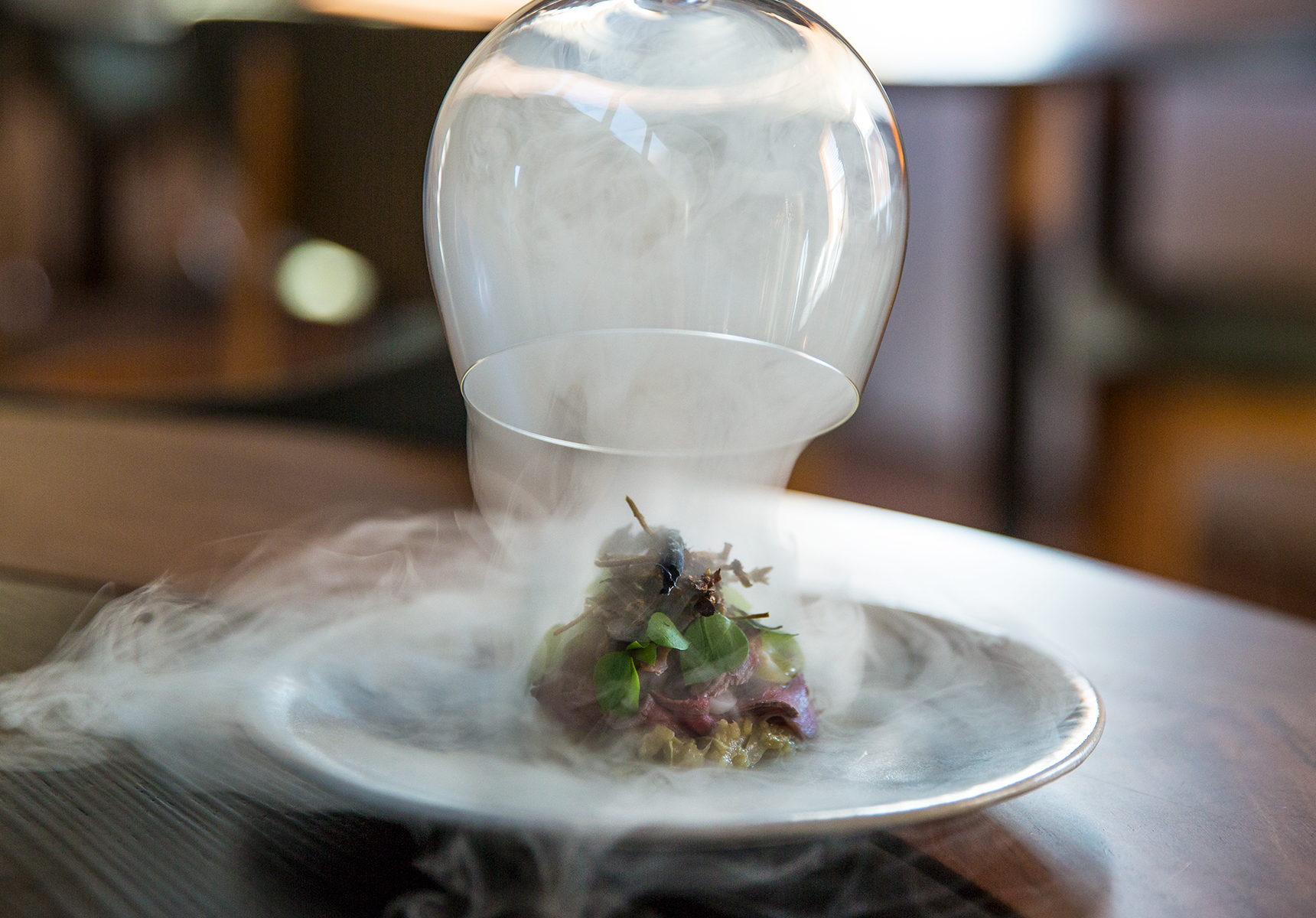
That’s also true of the communities Zonfrillo is in constant communication with. “It's about understanding as much as you possibly can,” he says, “about learning about a community or Indigenous group, and then from there you can start to have conversations about what they hope for moving forward? What do they wish for their kids? Out of those conversations, over a fire, over months, years, come new ideas.”
This article is produced by Broadsheet in partnership with VISA, who are connecting you to The Broadsheet Kitchen. Visa are proud to be supporting the up and coming culinary talent of Australia, working towards the future of dining.
in partnership with Visa. Learn more about partner content on Broadsheet.
